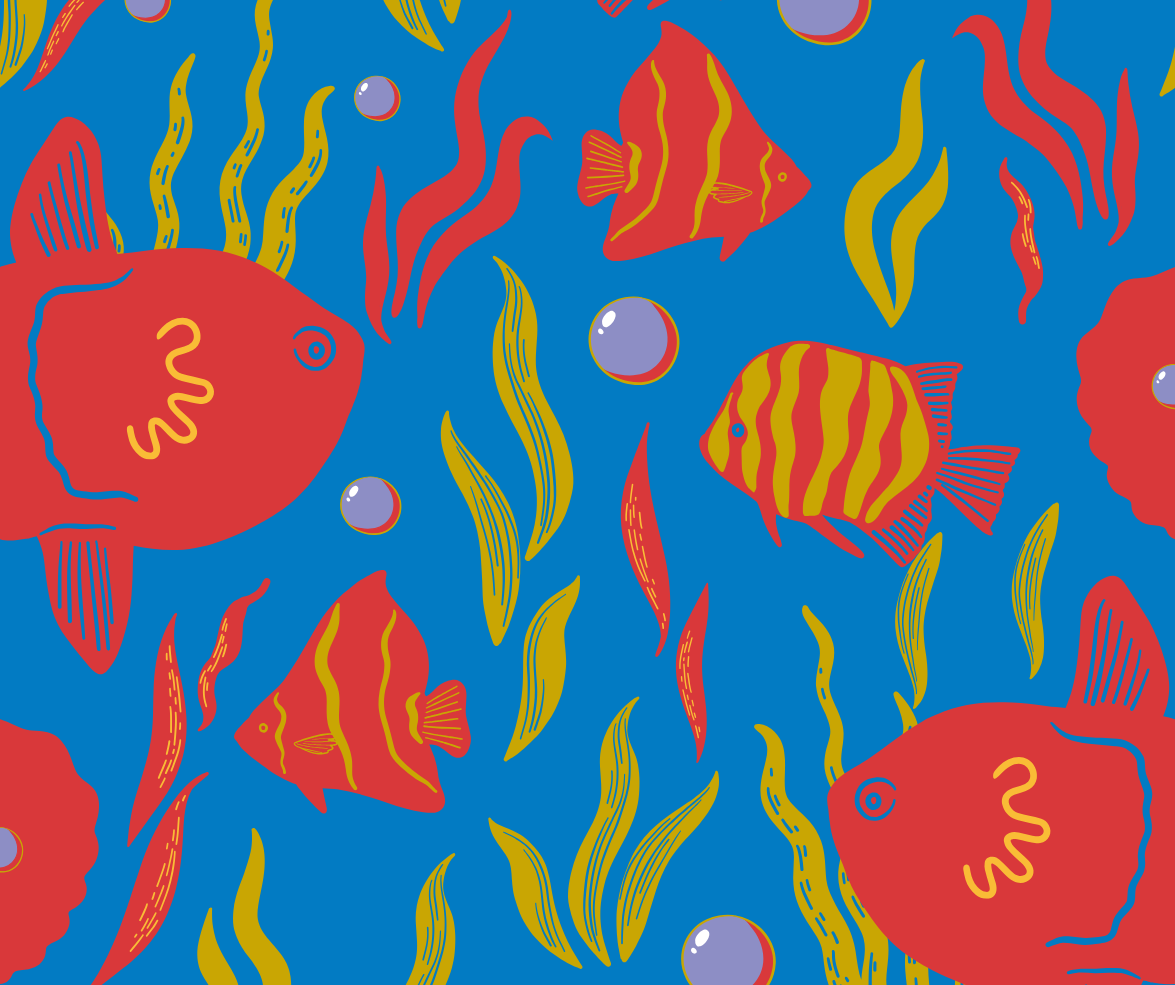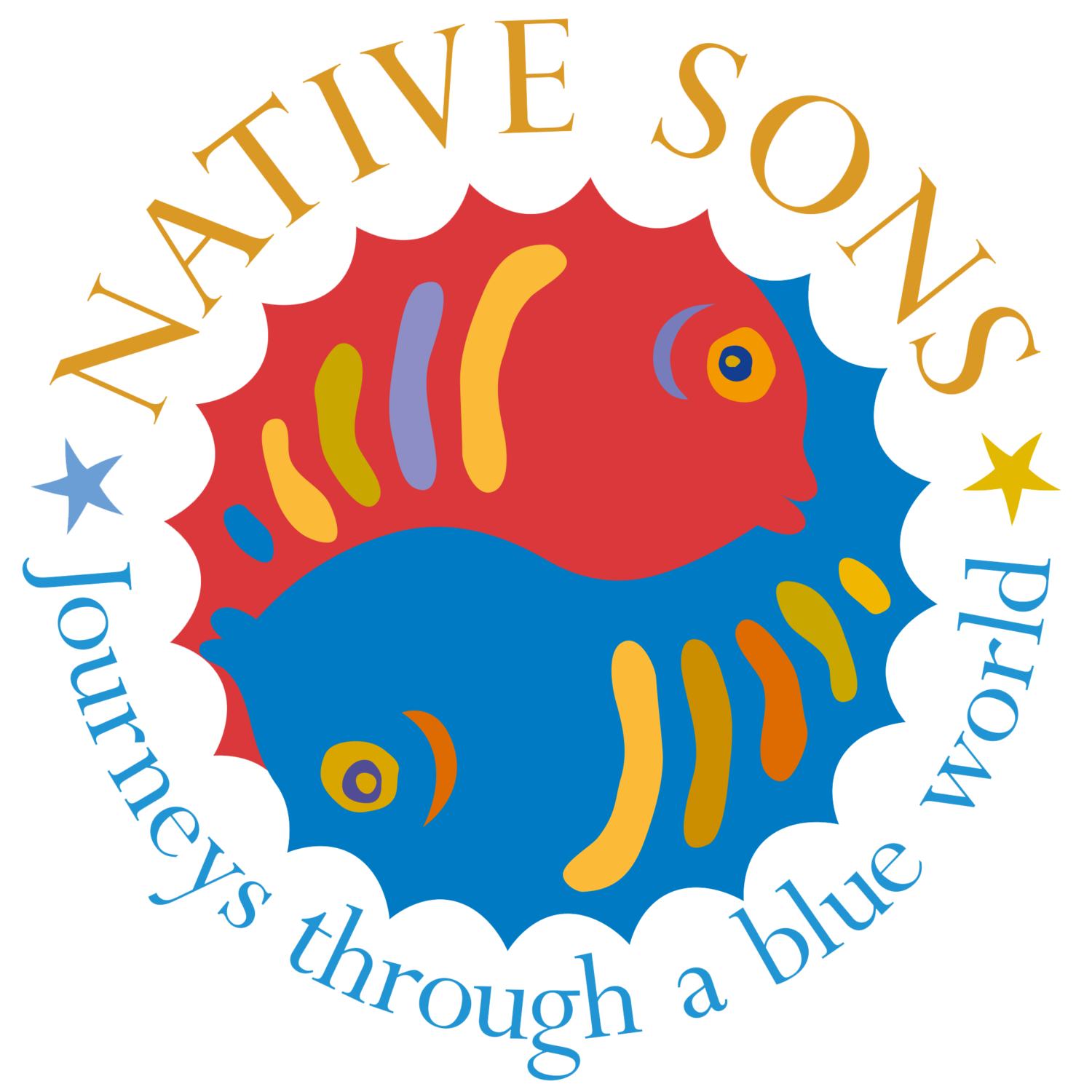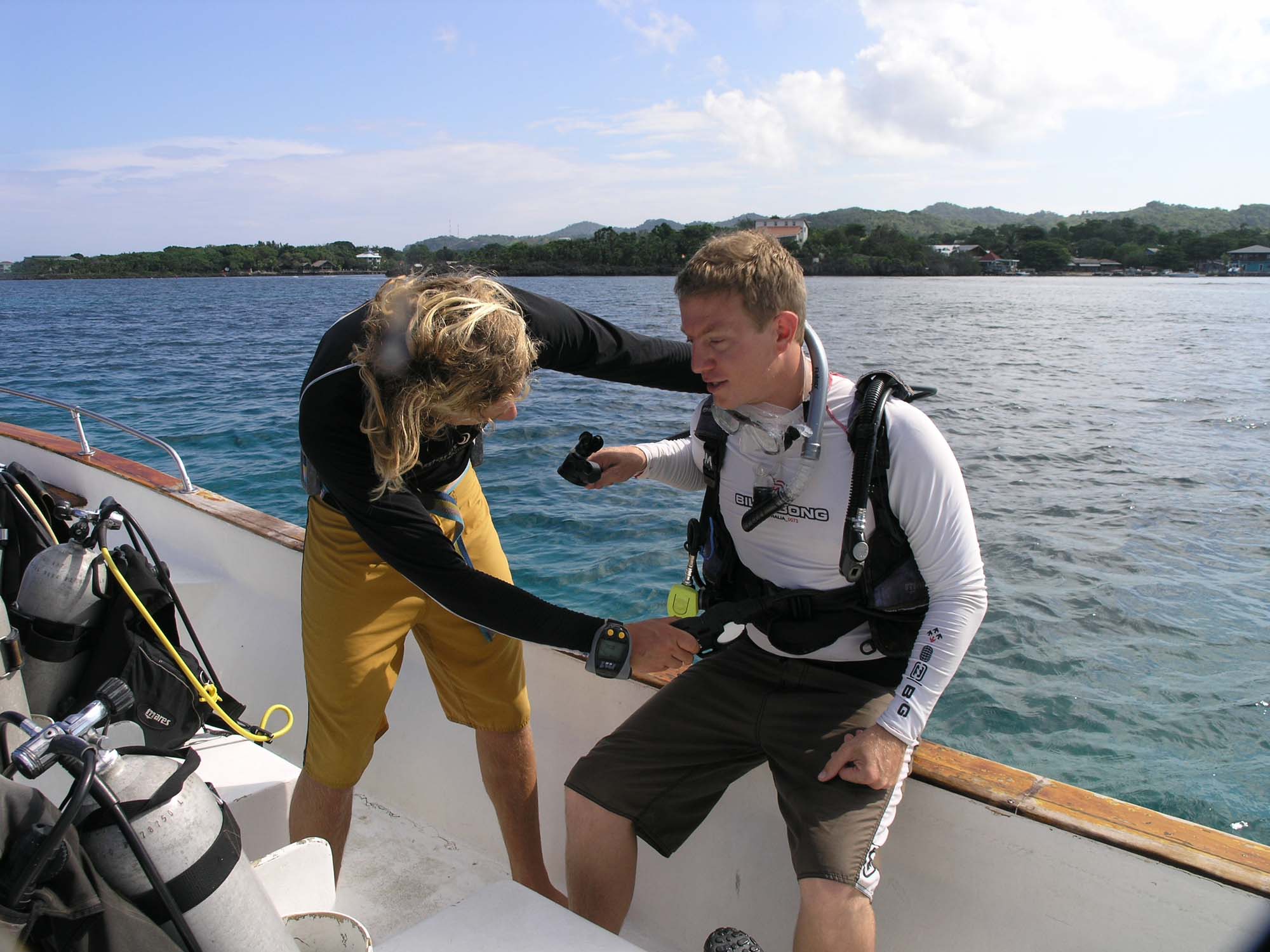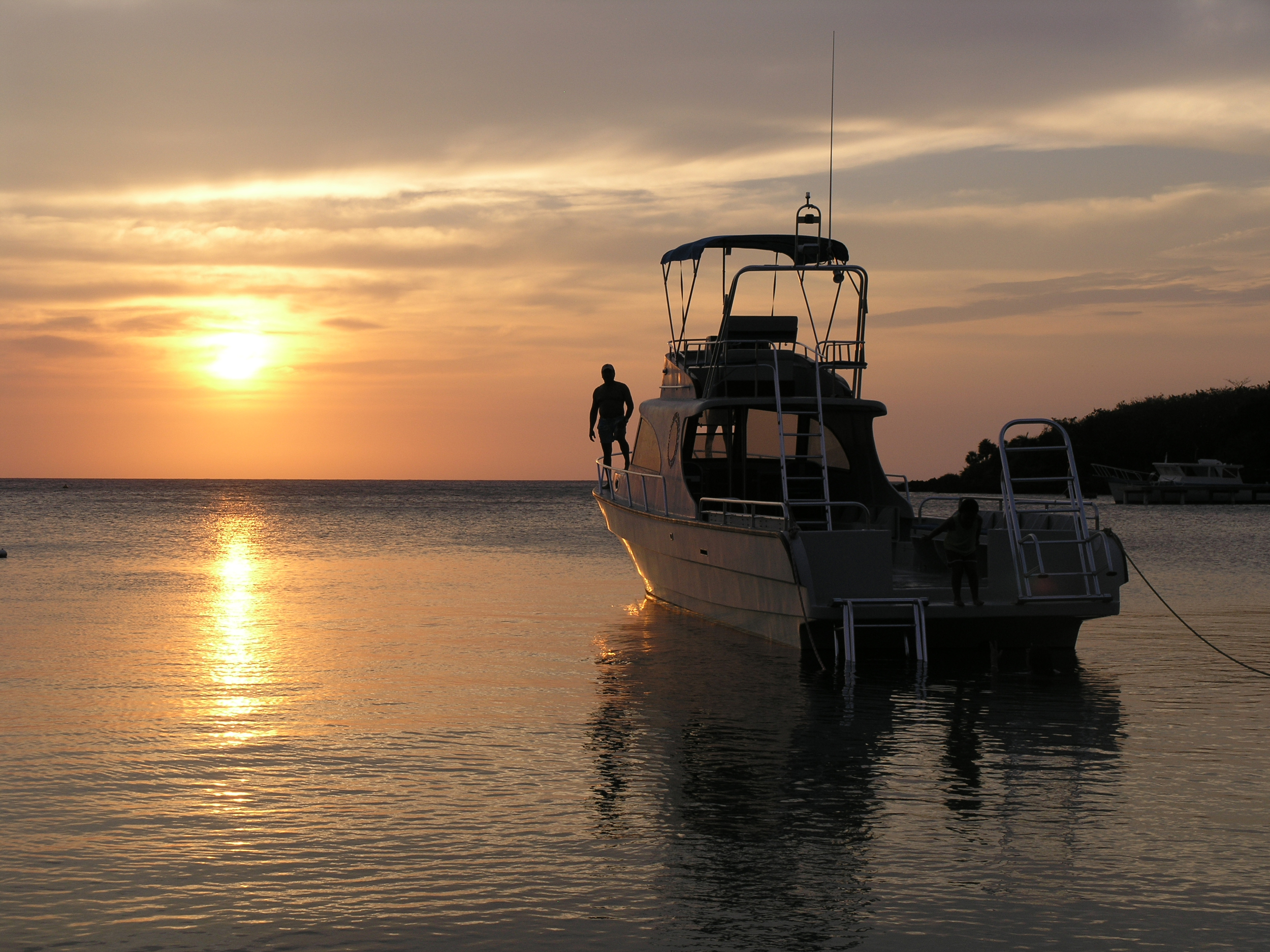
Divemaster Internship $800
Plus $350 for PADI materials including elearning
Have you always dreamt of living and working in paradise? Do you think you have what it takes to be a divemaster?
Are you a friendly, outgoing, patient dive enthousiast who is ready for a bit of adventure and a lot of hard work?
If you are, and have a minimum of 7 weeks to spare,
come and do your PADI divemaster internship with us
at Native Sons.
Who is a PADI Divemaster? Is this course for you?
Completing a Divemaster (DM) course with Native Sons will give you:
• Exemplary diving skills. The Divemaster’s skills can be used as demonstrations for student divers.
• Rescue skills. The Divemaster can prevent and manage accidents, and role model rescue skills for student divers in training.
• Professional-level knowledge of dive theory. Depth of theoretical knowledge goes hand-in-hand with expertise and professionalism. We will teach you the answers to all those seemingly endless questions that you will be asked as a DM. Diving knowledge is the foundation for problem solving and creativity in the divemaster’s duties, and prepare you to become an Instructor, if that’s your thing.
• Competence as a certified assistant. Divemasters know how to support instruction by handling logistical, supervisory and limited educational duties under an instructor’s supervision.
• Dive management and supervision abilities. Divemasters accept appropriate, limited responsibility for certified divers within the context of leading or managing diving activities. This requires good people skills and good judgment along with a strong working knowledge of dive environments and activities. The Divemaster assists the dive operation with risk management.
• Ethical role model behavior. Divemasters are expected to display common honesty and courtesy, and follow accepted, responsible dive practices. Their behavior reflects well on them, the dive operation for which they work, and the PADI organization.
• Enthusiasm and fun. People learn to dive for the excitement, adventure, and challenge – or broadly, for fun. They look to Divemasters to assist them in having fun within their interests and skill levels. Divers expect Divemasters to be pleasant and sociable individuals to interact with.
At Native Sons we pride ourselves on producing professional, successful divemasters and instructor candidates. Slackers, whiners, drug addicts, and party poopers need not apply! ?
Divemaster Course Philosophy
Teaching the PADI Divemaster course involves higher level learning that begins at the Rescue Diver course and expands in the PADI Divemaster course. The PADI Divemaster course expands the problem solving skills developed by the PADI Rescue Diver program, and extends it from accident management and prevention scenarios to supervisory situations with student divers and certified divers.
The course also addresses attitudes and judgment. Attitudes are emotional influences that shape individual choices ranging from professional behavior, role modeling, personal health and following safe diving practices, to very basic values, such as honesty. Judgment applies attitudes, experience, theoretical knowledge, deduction and intuition to problem solving and making decisions based on variables, sometimes under circumstances that aren’t “black or white.”
As a Divemaster candidate you are likely to develop a mentor relationship with your instructor. This relationship will be effective in developing our Divemaster candidate’s judgement and attitudes. Think of the mentor not just as a teacher, but your personal guide into the ranks of diving professionals.
Course Conduct and Structure
The Divemaster course has been designed for flexibility to permit the most effective course structure possible for our local teaching/diving environment and the individual needs of the candidate. The course is divided into three sections: Knowledge Development, Waterskills and Stamina, and Practical Application.
Knowledge Development – Through independent study and classroom sessions the candidate will prepare themselves for 2 written examinations that cover the following subjects:
Physics, Physiology, Equipment, Supervising Certified Divers, Assisting Student Divers, Divemaster Conducted Programs, Dive Skills and the Environment, and the Recreational Dive Planner and Dive Theory.
We strongly suggest that the candidate completes all knowledge development and examinations within the first three weeks of the course. This will provide you with the necessary dive theory knowledge to apply during practical application training.
Practical Application – The internship portion of the Divemaster program allows the candidate the opportunity to assist and supervise divers during training exercises. This includes directly assisting your instructors with open water, advanced, and rescue courses. We have 3 - 4 full-time instuctors, and although one will be your primary instructor, you will be assisting each of them to learn different teaching methods. The Divemaster candidate will also be leading certified divers and learning the ‘ins and outs’ of working in the dive industry.
Waterskills and Stamina – You don’t have to be an Olympic swimmer to complete the stamina exercises, but you should be in good physical condition. You will be required to perform a 400m free swim, an 800m snorkel swim, a 15 minute tread/float, and a 100m tired diver tow. Divemaster candidates are expected to take an active role in their conditioning and waterskills. Morning swims in beautiful Half Moon Bay are a great way to accomplish this!
How to Succeed in this Program
Success in this program comes through applying yourself to the assignments and exercises consistently and as directed by your instructor. Like any learning process,
you get out of this course what you put into it. Here are some basic tips to help you succeed in this program:
1. Read each appropriate PADI Divemaster Manual chapter, watch the PADI Divemaster Video and complete the Knowledge Reviews enough ahead of schedule to do so without rushing. Write in your books as you study – make notes, highlight important concepts to review, etc.
2. Start independent study and projects as soon as they’re assigned. Take advantage of all study media available – video, multimedia products, manuals, etc. Each type has different advantages in learning; the more you use, the more effective your learning.
3. Don’t limit yourself. If you’re interested in something, find out all you can about it, even if it’s beyond the course requirements.
4. Practice outside scheduled sessions with classmates. This is useful with physics problems, demonstration skill practice, rescue and other skills.
5. If you’re having trouble mastering or understanding something, let the instructor know as soon as possible.
6. Help your fellow candidates and let them help you. You learn by helping and being helped.
To make a long story short, you’ll laugh, you’ll cry, you’ll learn. You will experience the thrill of victory and a sense of accomplishment like never before! Find out what you are really made of and take the challenge! We are here in paradise waiting for YOU…
What to bring?
Make sure that you sort out your finances before you arrive.
If you plan on working in bars/restaurants in the evening to make a bit of money to survive…. Keep in mind: don’t burn the candle at both ends!
You’ll need the evenings for studying and preparation for the next day!
BUY, BEG, BORROW OR STEAL … the following items before starting the course:
MANDATORY
- DIVE COMPUTER
- Alarm clock!
RECOMMENDED
- your own dive equipment (at least mask, snorkel, fins)
- wetsuit
- safety sausage (inflatable surface marker)
- blank underwater slate (for mapping, notes, communication)




